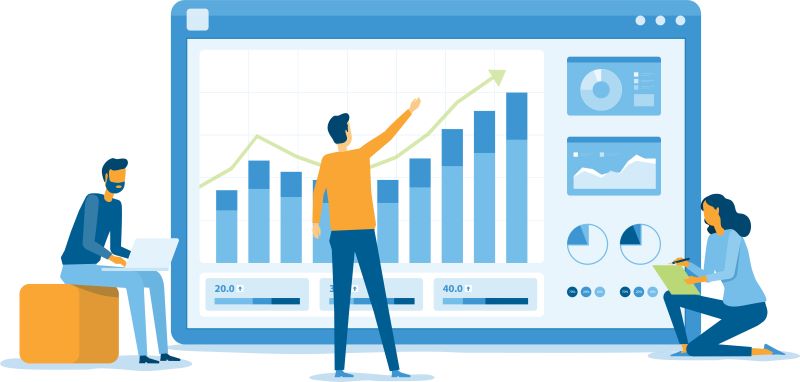The economic aspects of new circular economy business models have been studied only a little

As a part of Telavalue project, it was investigated how much there is literature regarding circular economy and it’s financial aspect. According to Sitra, there are five circular economy business models. On the first report, published in Finnish, we focused on these first three new models: sharing platform, product as a service and product life extension. The second report, published in Finnish, examined two older models circular supply chain and recovery & recycling.
The case was examined by using databases, such as Academic Search Elite and Elsevier. Based on the search, 28 articles were found, from which some were written regarding first three newer models, and some by two older models. The majority of the literature dealt with business model recovery & recycling. Based on the search it was more difficult to find literature regarding three new models.
By the financial aspects in the study we mean profitability, cost accounting and pricing.
Some of the articles found were more relevant than the others. Articles were divided into the report as follows: high quality articles were placed on the beginning of the chapter, and the other articles at the end of chapter. High quality articles included calculations and other accurate financial information regarding circular economy.
As a result it can be stated, that there is an obvius need for literature that includes financial information regarding circular economy. The need can be seen especially regarding sharing platform model, because it was really hard to find any literature regarding that. In order to make circular economy business models more common, it would be crucial to make clear why those models are profitable and what needs to be considered when starting to follow circular economy business models. Also, regarding the triple bottom line approach, economic sustainability is one of the main pillars, along with social and environmental sustainability.
Marjaana Launonen
Master school student
Turku University of Applied Sciences
